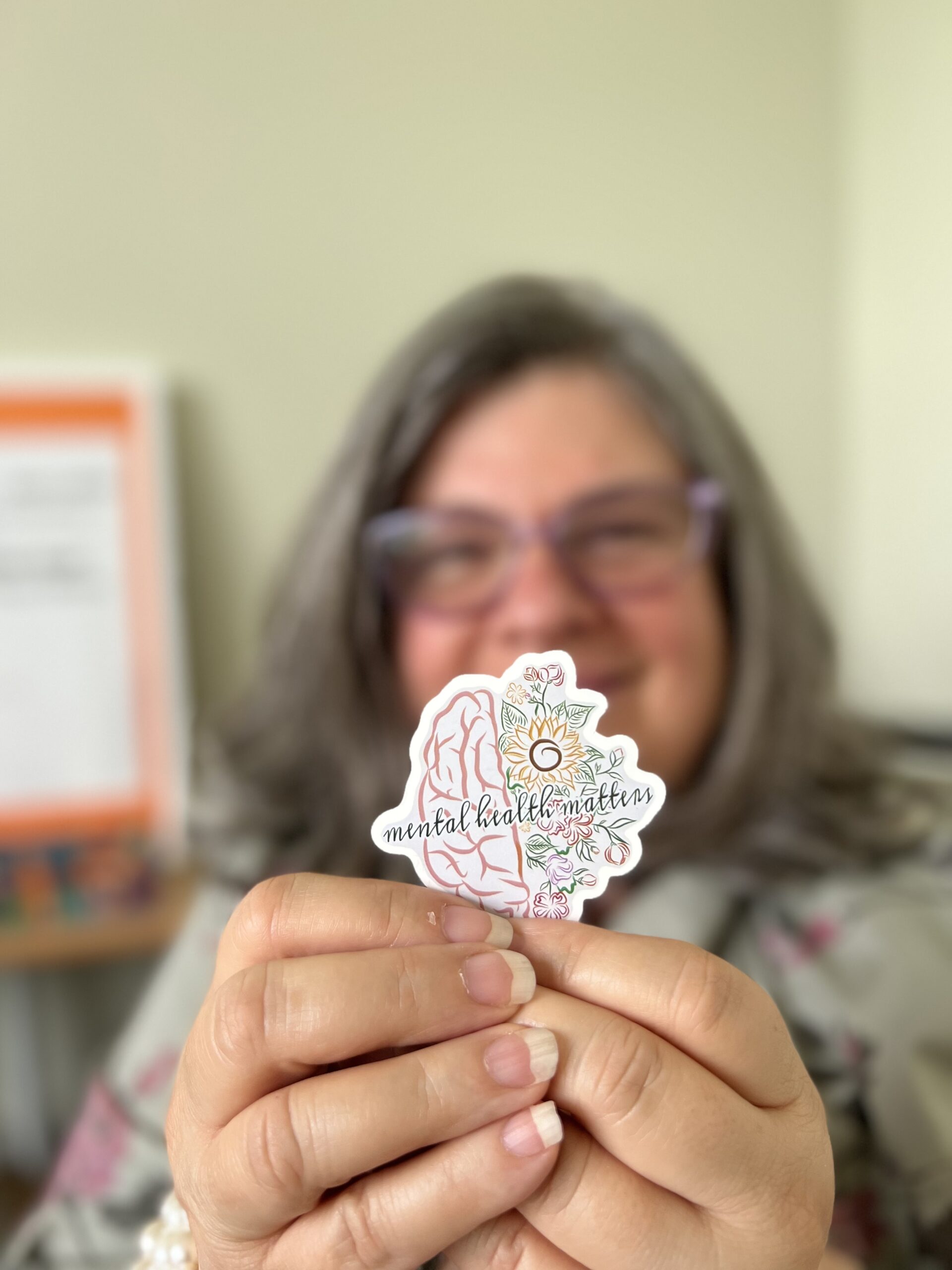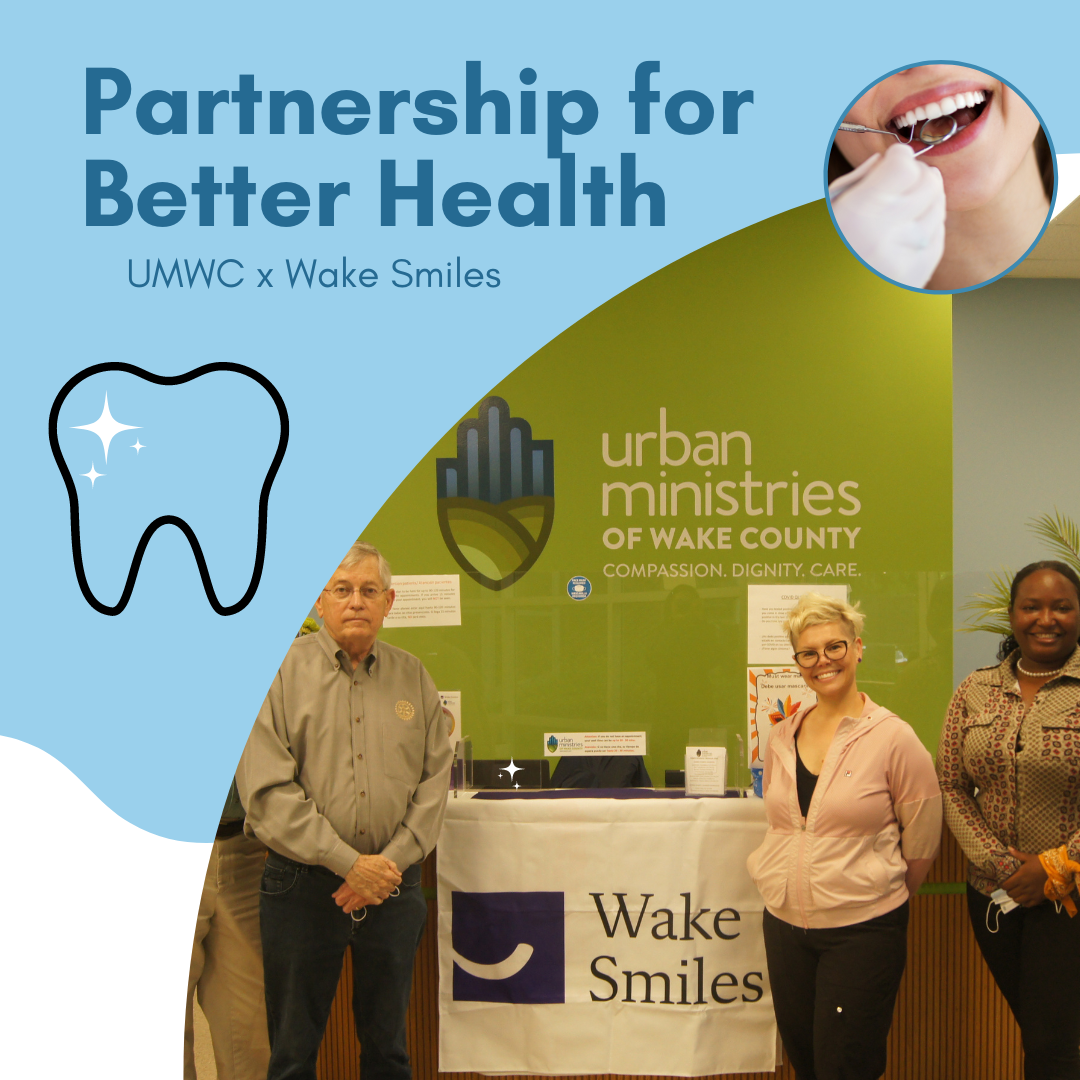Mental health problems are common in the United States. According to the National Institute of Mental Health (NIMH), tens of millions of people are affected by mental illness each year. It’s estimated only about half of these people receive treatment. Despite the progress made in understanding depression and other mental illnesses, these conditions are still stigmatized.
Stigma is defined by the Merriam-Webster dictionary as “a mark of shame or discredit, stain, taint”. To avoid facing stigma (whether social or internalized), people avoid acknowledging their emotional and/or mental health needs. Hiding psychological pain, addiction, and suffering, due to fear of being judged, ostracized, or labeled as “weak” or “crazy, ” becomes a barrier in care.
“The mental health stigma prevents a comfortable space to talk about it; people usually need encouragement from family or friends to seek medical care- they typically discuss with someone they feel comfortable with. Some may feel embarrassed to discuss how they are feeling from a mental health standpoint and then just silently suffer,” says Jim Robinson, UMWC’s volunteer psychiatric nurse practitioner. “When I first started out as a Nurse Practitioner in primary care, I would ask patients about mental health concerns and that would sometimes open the door for them to get help.”
“At the ODC, we are following an integrated (medical-behavioral health) model of care.” Ana Hernandez, UMWC’s Behavioral Specialist explains. “Our patients are screened for mental health conditions, like depression or anxiety. This process facilitates conversations about mental health. When a patient comes to therapy, they get their vital signs checked as well: Mental and physical health are intertwined. We can fight stigma in many ways, educating ourselves, taking care of our emotional needs, and advocating at micro and macro levels. We need more awareness, more knowledge, and less fear and discomfort about mental health problems. We need more action.”
At Urban Ministries of Wake County, the health of our community is at the heart of everything we do—the community is in good hands with us. The more people talk about these conditions, the easier the conversation will become.






